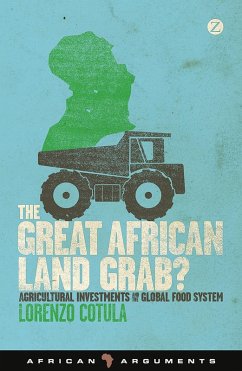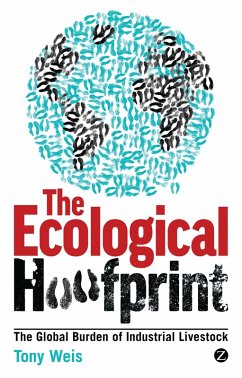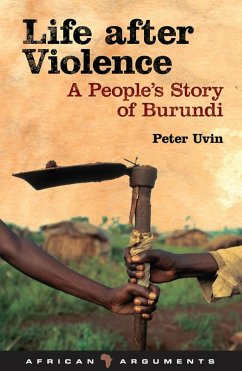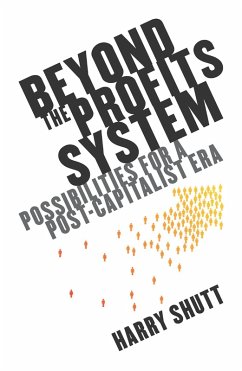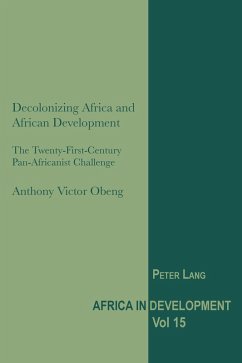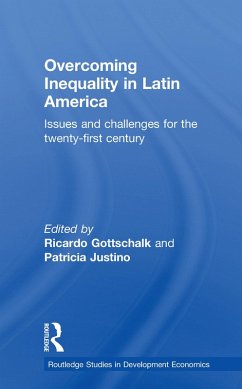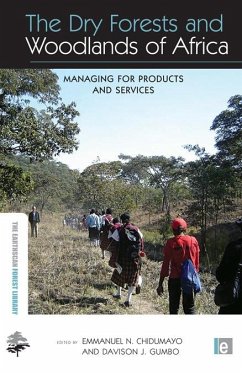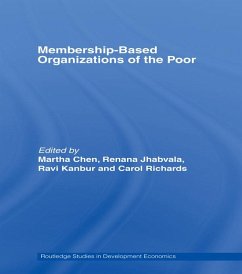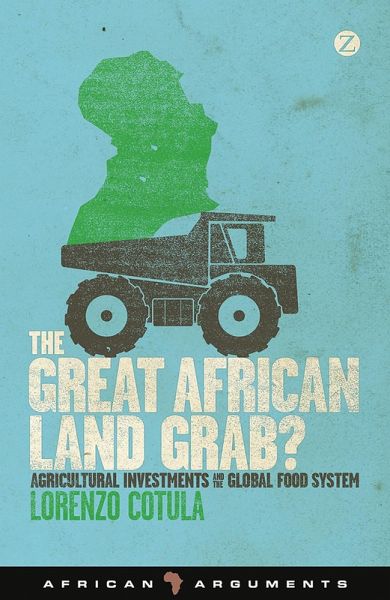
The Great African Land Grab? (eBook, ePUB)
Agricultural Investments and the Global Food System

PAYBACK Punkte
7 °P sammeln!
Over the past few years, large-scale land acquisitions in Africa have stoked controversy, making headlines in media reports across the world. Land that only a short time ago seemed of little outside interest is now being sought by international investors to the tune of hundreds of thousands of hectares. Private-sector expectations of higher world food and commodity prices and government concerns about longer-term national food and energy security have both made land a more attractive asset.Dubbed 'land grabs' in the media, large-scale land acquisitions have become one of the most talked about ...
Over the past few years, large-scale land acquisitions in Africa have stoked controversy, making headlines in media reports across the world. Land that only a short time ago seemed of little outside interest is now being sought by international investors to the tune of hundreds of thousands of hectares. Private-sector expectations of higher world food and commodity prices and government concerns about longer-term national food and energy security have both made land a more attractive asset.
Dubbed 'land grabs' in the media, large-scale land acquisitions have become one of the most talked about and contentious topics amongst those studying, working in or writing about Africa. Some commentators have welcomed this trend as a bearer of new livelihood opportunities. Others have countered by pointing to negative social impacts, including loss of local land rights, threats to local food security and the risk that large-scale investments may marginalize family farming.
Lorenzo Cotula, a leading expert in the field, casts a critical eye over the most reliable evidence on this hotly contested topic, examining the implications of land deals in Africa both for its people and for world agriculture and food security.
Dubbed 'land grabs' in the media, large-scale land acquisitions have become one of the most talked about and contentious topics amongst those studying, working in or writing about Africa. Some commentators have welcomed this trend as a bearer of new livelihood opportunities. Others have countered by pointing to negative social impacts, including loss of local land rights, threats to local food security and the risk that large-scale investments may marginalize family farming.
Lorenzo Cotula, a leading expert in the field, casts a critical eye over the most reliable evidence on this hotly contested topic, examining the implications of land deals in Africa both for its people and for world agriculture and food security.




